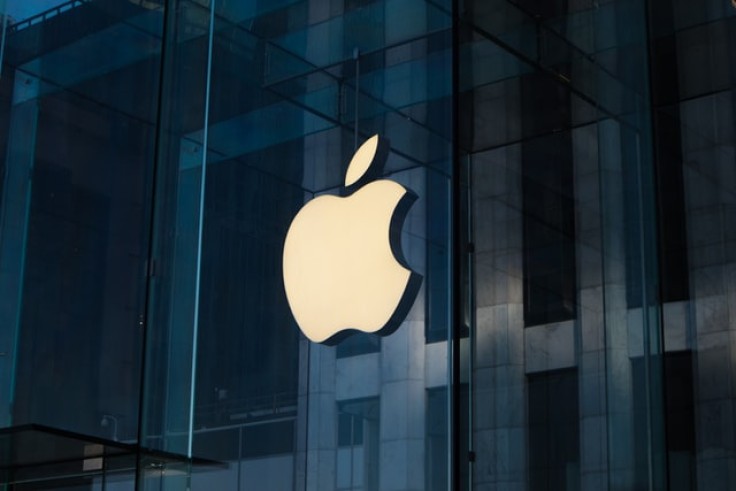Apple is facing an antitrust lawsuit over Apple Pay as the company was accused of making Apple pay the "only available mobile wallet for making tap-to-pay payments with an iPhone, iPad, or Apple Watch," according to MacRumors.
The proposed class-action complaints filed against the company complained that it is using its influence in the mobile device industry to repel competing payment apps.
Apple was also accused of charging fees from card issuers, as per Bloomberg.

Apple Charges Card Issuers Fees According to Lawsuit
The antitrust lawsuit was filed by Affinity Credit Union, the Des Moines, Iowa-based payment card credit union that issues payment cards. This is so far the latest antitrust battle for Apple.
The iPhone maker also faced a two-year investigation from the European regulators. It was found that the company indeed abused its dominant position with Apple Pay.
Apple Pay is used when an iPhone user wants to buy something. The transaction is done by tapping the phone against a terminal in a store.
There are other iPhone payment services such as PayPal and Square, but they can't put up a tap-to-pay iPhone apps having their own features and interface.
According to Affinity Credit Union, excluding competition allows Apple to charge "payment card issuers fees that no other mobile wallet ventures to impose."
The complaint alleges that for every Apple transaction, the iPhone maker charges issuers 0.15% on credit card transactions and 0.05% on debit cards.
With these Apple Pay charges, the company "generated a reported $1 billion for Apple in 2019, and this revenue stream is predicted to quadruple by 2023," Affinity Credit Union said in the lawsuit, as reported by Bloomberg.
The other tap-pay companies operating on Android such as Google Pay and Samsung Pay do not charge card issuers any fees.
Read Also: Ericsson vs Apple: Former Files Another 5G Patent Lawsuit Against iPhone Maker
Apple Violates Sherman Act According to Complaint
Affinity Credit Union claims that if only Apple faced competition, it will not be able to sustain these card issuer fees.
Apple's action, according to the credit union, is in violation of the Sherman Act, an act designed to protect competition.
The iPhone maker is fending off its rivals by "tying its mobile devices and mobile wallet together."
When requested for a comment, Apple remained mum on the issue.
On the other hand, the region's Digital Chief Margrethe Vestager commented on the European Union's probe of Apple's mobile payment policies in May.
Vestager said that according to the company, it will not be able to provide access to NFC for security reasons.
"Our investigation to date did not reveal any evidence that would point to such a higher security risk," Vestager said.
The law firms Hagens Berman and Sperling & Slater represent Affinity Credit Union. The law firm Hagens Berman is a frequent class action lawsuit opponent of Apple.
In 2016, Hagens Berman helped the plaintiffs achieve a $400 million settlement over eBooks price fixing.
Additionally, in 2021, it helped the plaintiffs reach a $100 million settlement for small App Store developers. This year, it secured a $95 million settlement over product warranties.
The lawsuit was filed in the Northern District of California (San Jose).
Related Article: Apple Not Getting Off That Easy: Cydia Antitrust Lawsuit Not Fit for Dismissal









